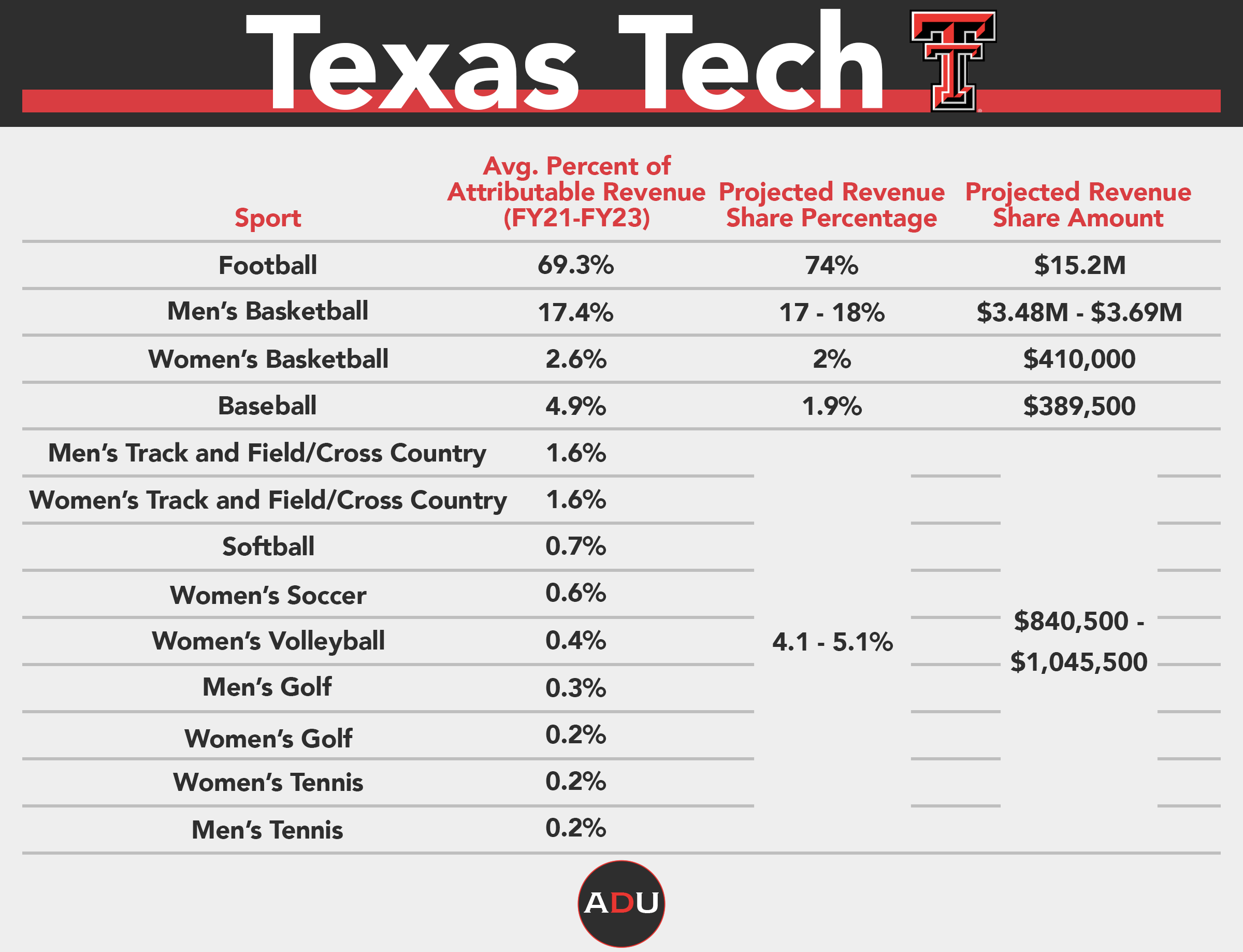The SCORE Act: A Milestone for Athletes’ Rights
A recent legislation proposal, aimed at removing uncertainty around issues such as an athlete’s name, image, and likeness (NIL) has garnered the support of nine representatives from both sides of the political aisle. Labelled as the Student Compensation and Opportunity through Rights and Endorsements (SCORE) Act, this proposal was initially presented to the Energy and Commerce subcommittee and seeks to clarify the professional expectations for agents representing athletes, while also offering security for collegiate leagues regarding antitrust lawsuits.
Although the SCORE Act prohibits athletes from being classified as employees, it aspires to construct a foundational basis of rights for athletes, revealing itself as an important milestone in such a direction. The proposed legislation aims to put an end to any administrative hindrances to athletes’ NIL earnings, subject to certain stipulations, and grants educational institutions and their affiliated conferences the authority to decide what is and isn’t allowable.
Should this proposed federal legislation become law, it will supersede existing state NIL laws that currently differ from state to state. Noting the integral role that college athletics play in the cultural fabric of America, the need for a unified national framework has become clearly evident.
The SCORE Act suggests that each learning institution can contribute a maximum of 22% of the average annual college sports revenue from the top 70 revenue-generating institutions to the athletes. This percentage was determined in a settlement that was reached recently.
Additionally, the SCORE Act lays out specific obligations for educational institutions toward their athletes. These include providing legal counsel regarding NIL and support for financial literacy, tax assistance, academic guidance, as well as prevention of substance abuse and sexual violence.
Further, the proposed legislation calls for institutions to extend medical care to athletes, covering all out of pocket expenses for injuries sustained during their collegiate career for at least three years following their departure from the institution or program.
The bill also sets the expectation that schools offer financial aid to athletes who express a desire to return to institution for the purpose of earning a degree, if they had departed before achieving graduation.
The SCORE Act features an expansive, 30-page layout and it outlines a definition of an agent. As per the proposed law, an agent includes any non-relative who represents an athlete for NIL or related financial agreements.
Agents who have not registered are restricted to only assisting athletes with endorsements, and written consent is required in order for such assistance to be provided. Furthermore, the bill suggests a cap of five percent on any financial compensation which an agent may receive.
In cases of adherence to this proposed law, college sports conferences will not have to worry about the threat of antitrust lawsuits. It enables and empowers these conferences to develop and enforce certain rules, one of which includes requiring athletes to publicly disclose their NIL contracts.
One of the enabling measures of the SCORE Act is that it grants collegiate sports conferences the authority, through the auspices of the College Sports Commission, to mandate that athletes reveal any third-party NIL agreements valued at more than $600.
If the SCORE Act receives the necessary approvals and is eventually signed into law, it is anticipated to officially come into force on the 1st of July, 2026.

